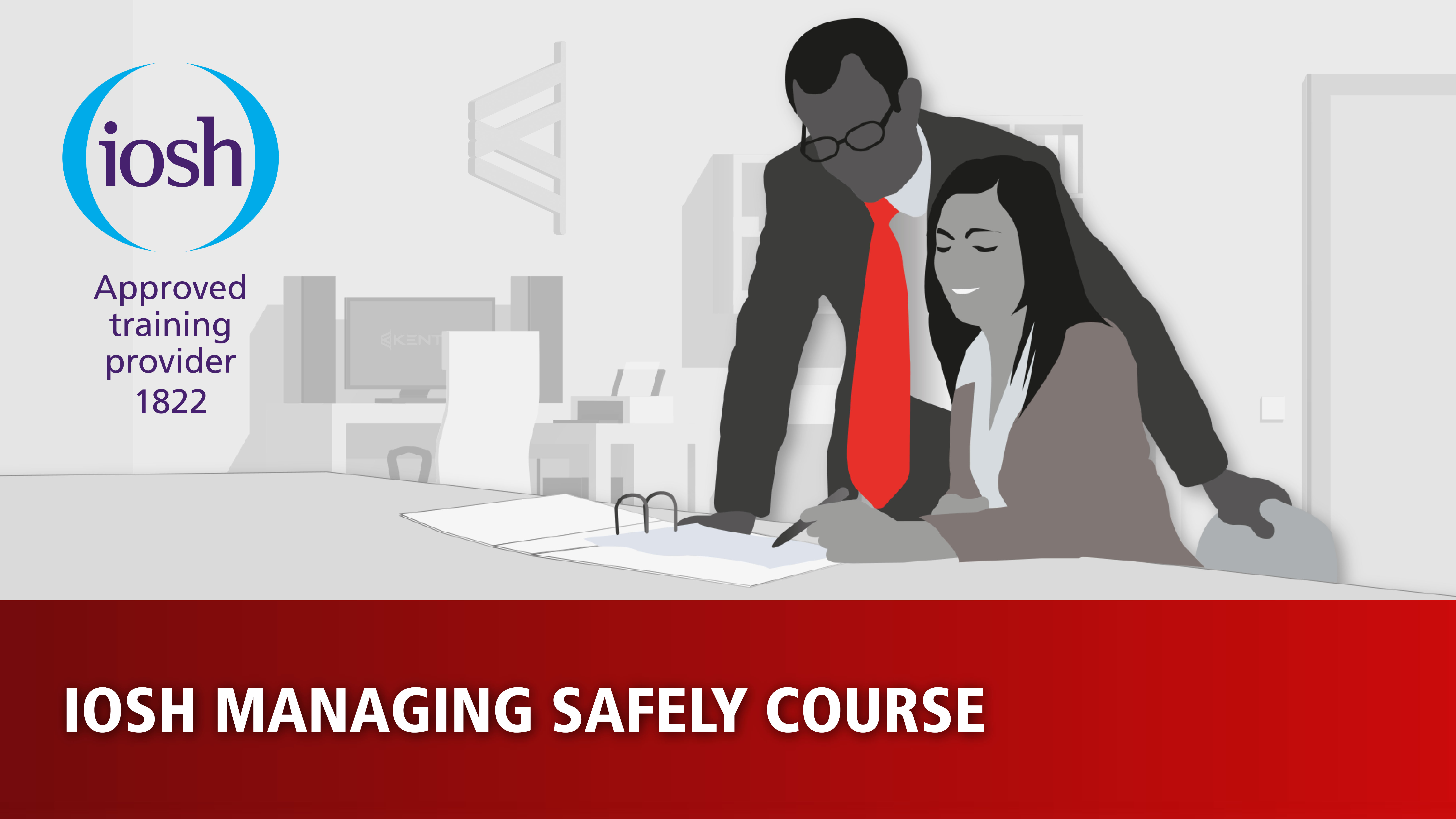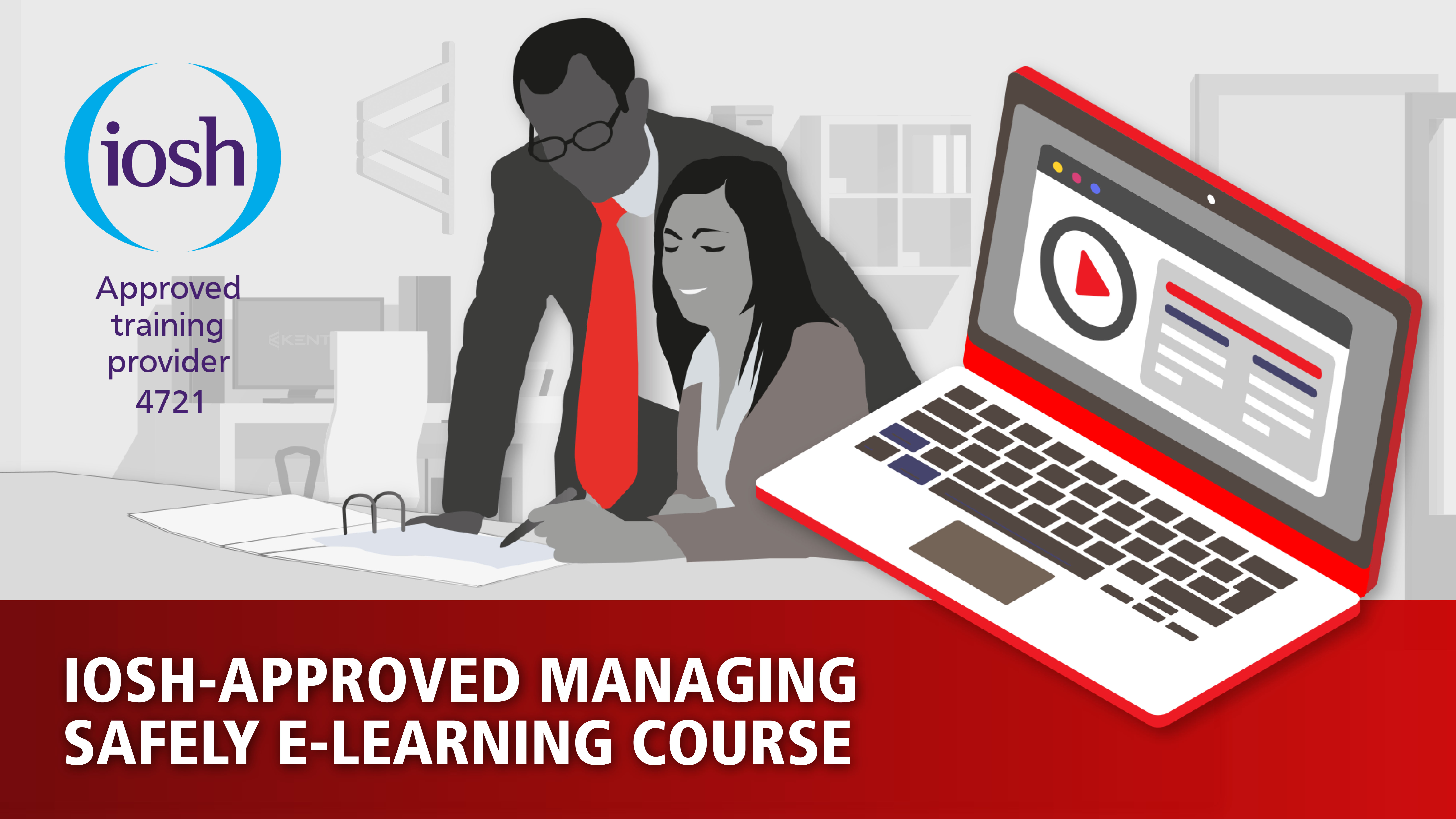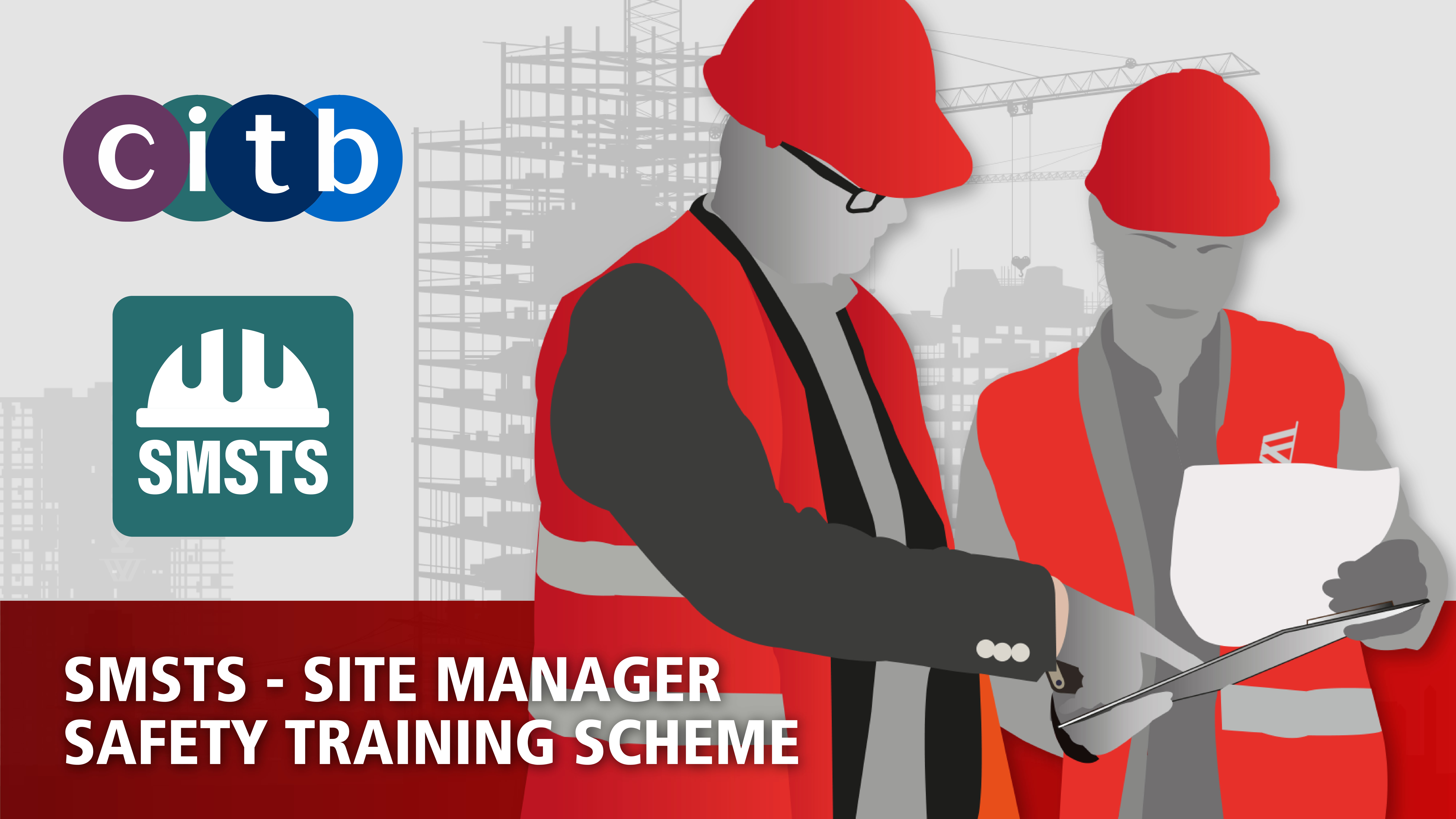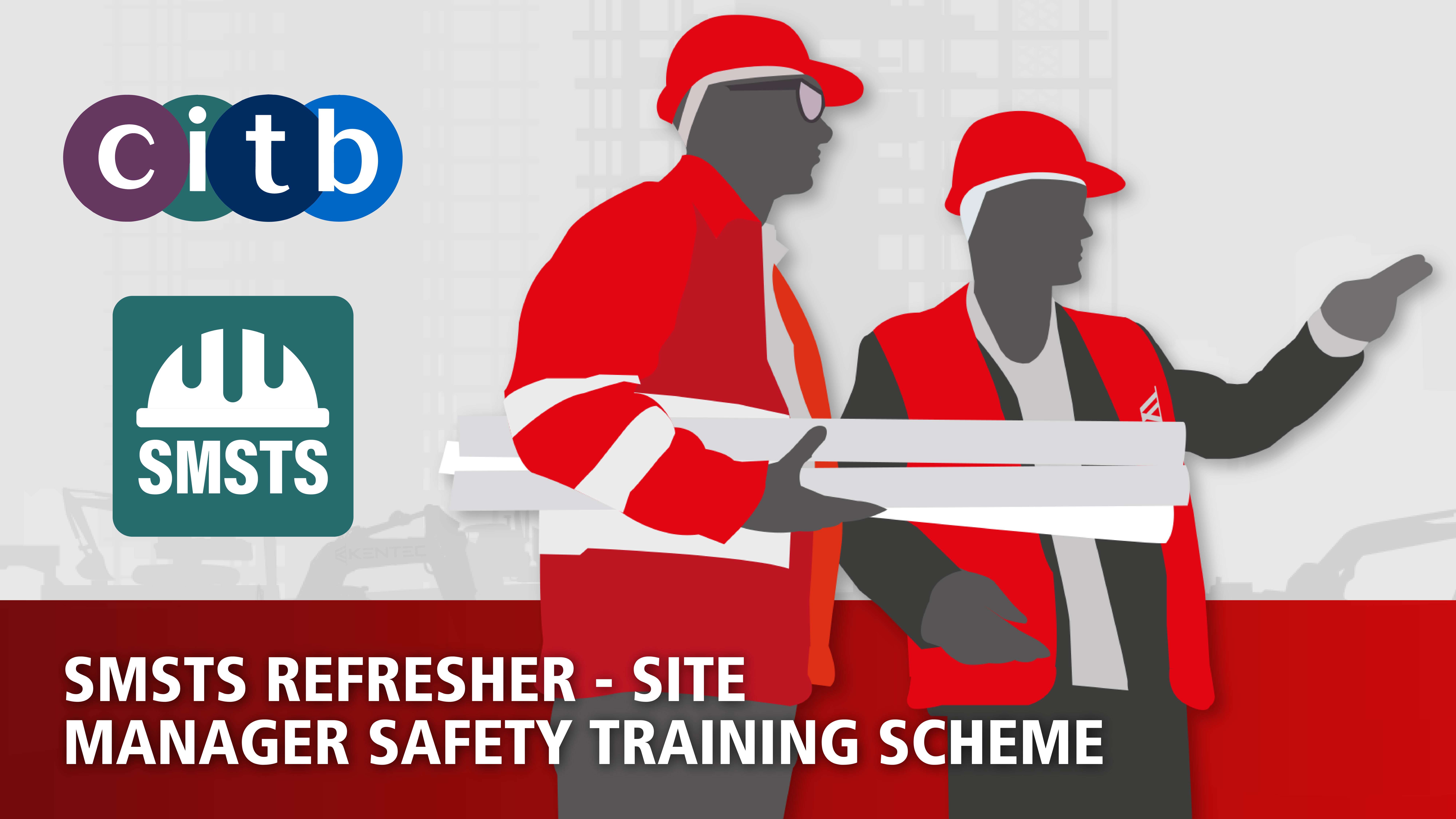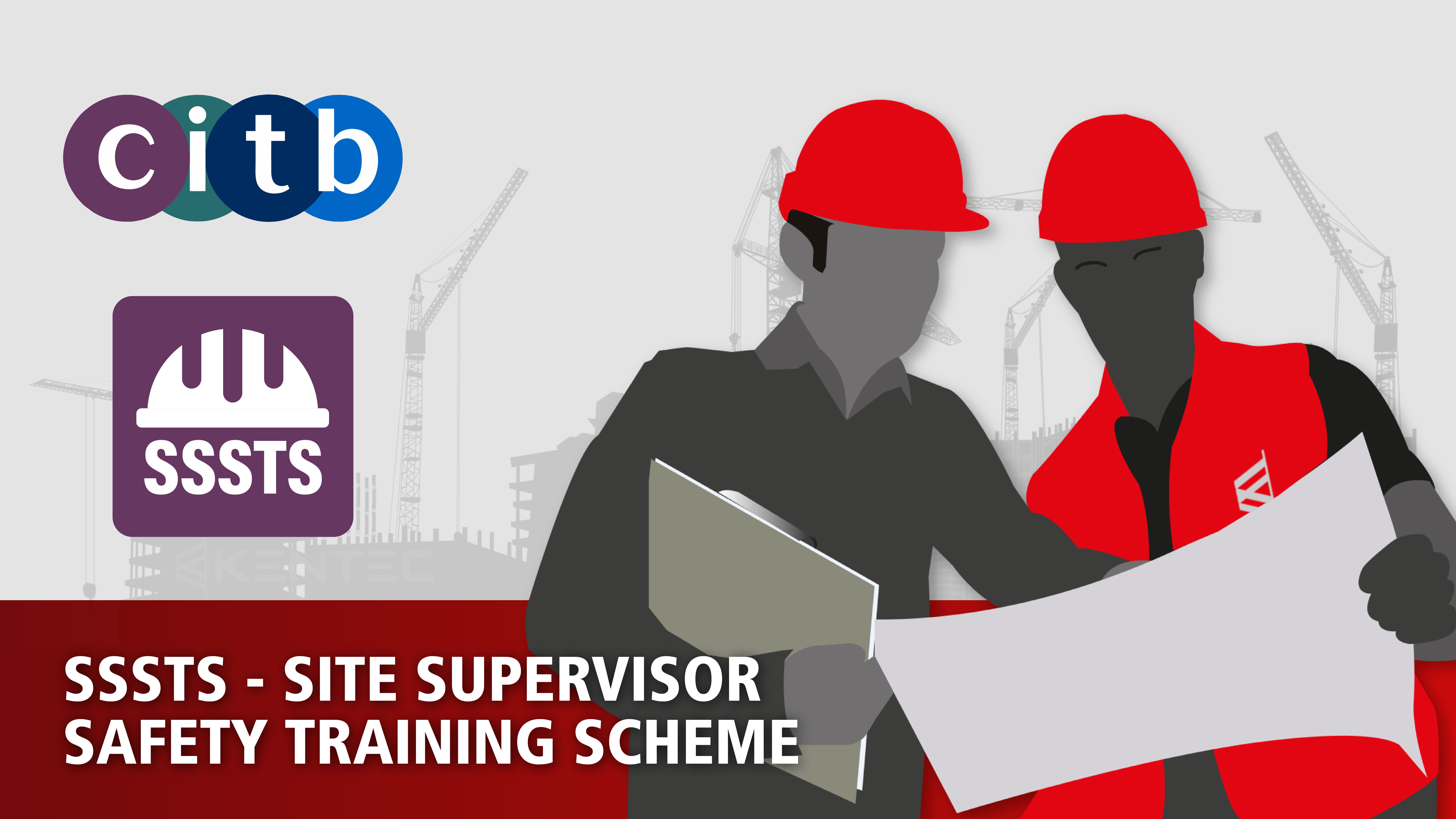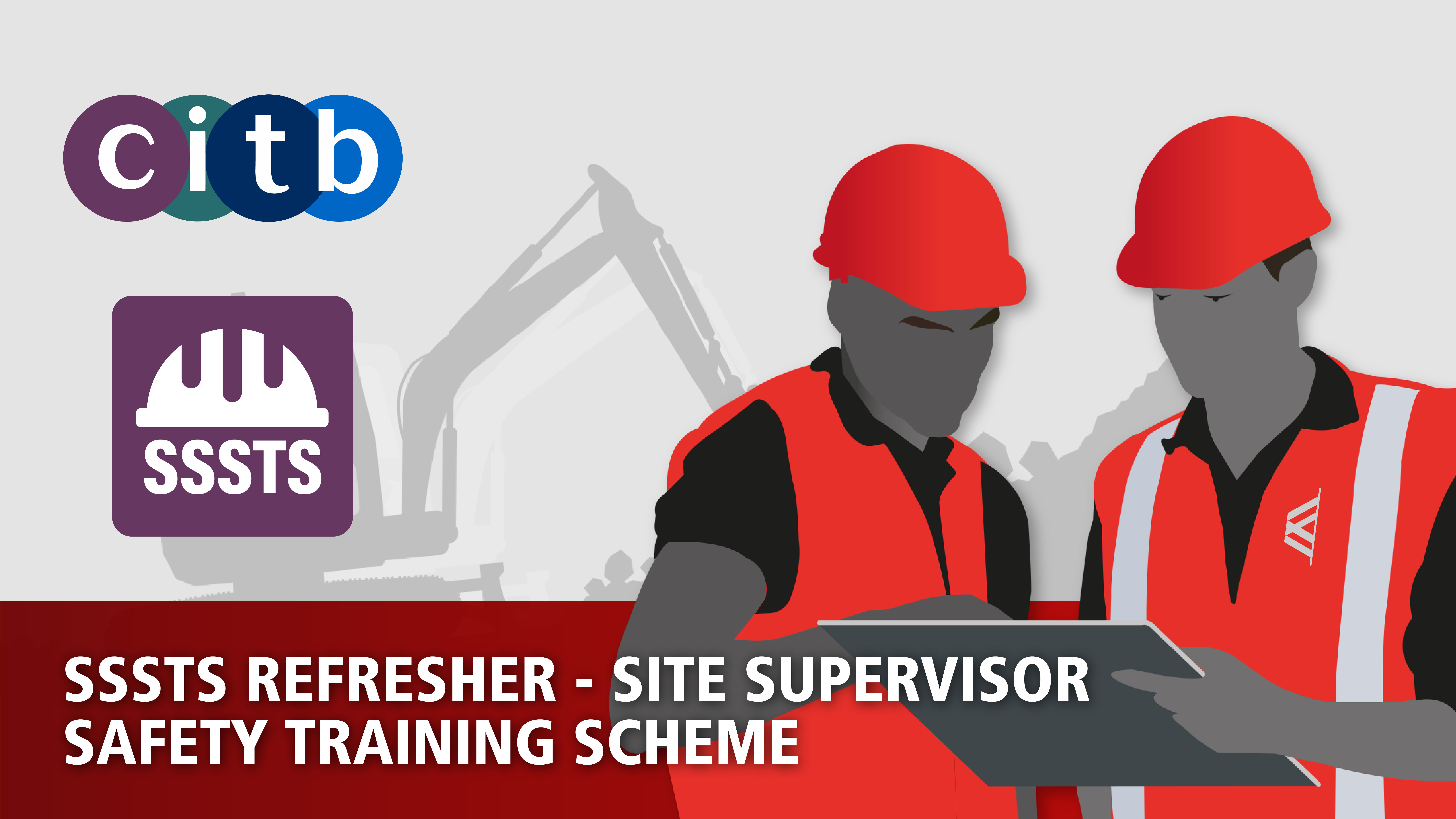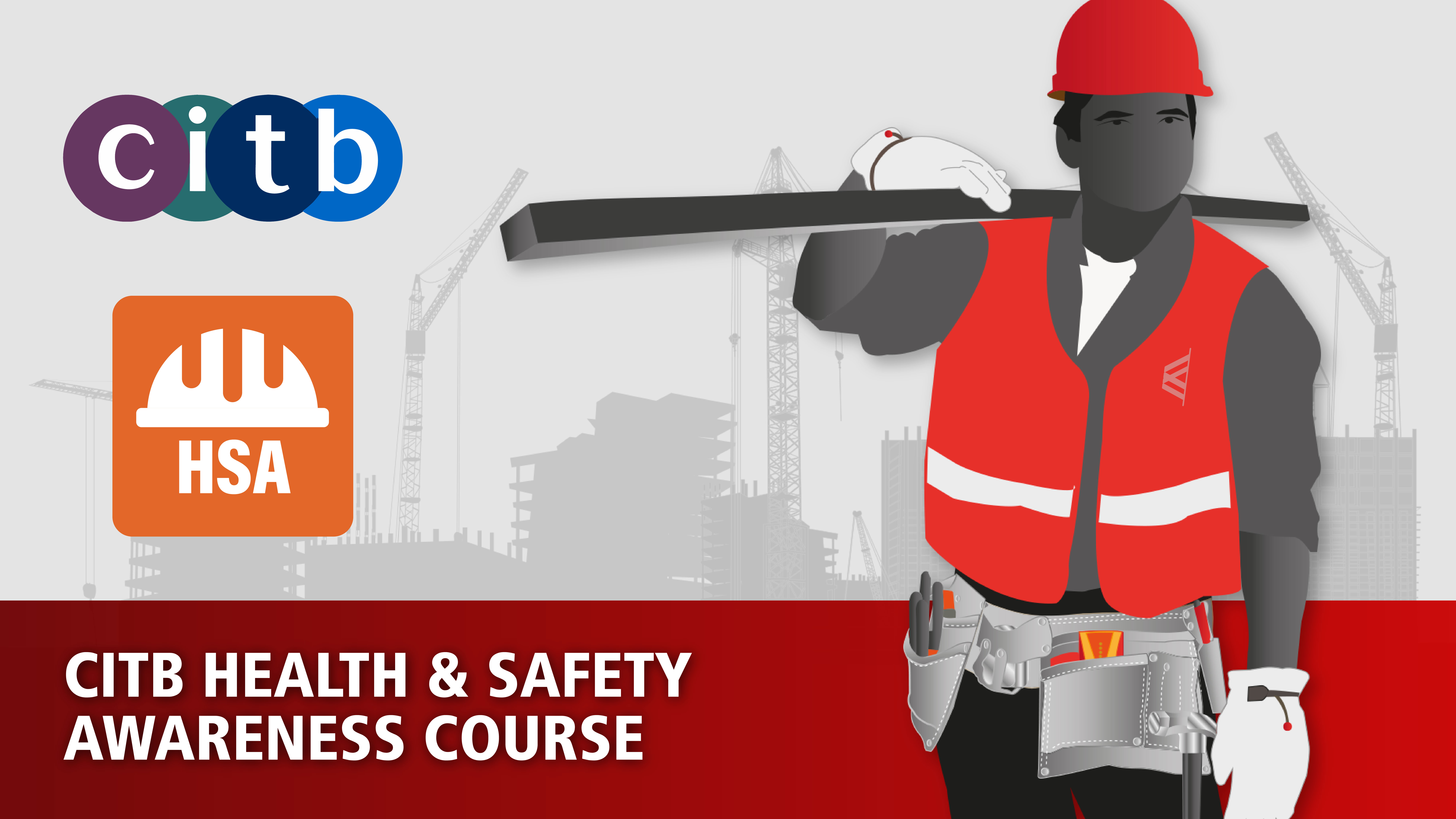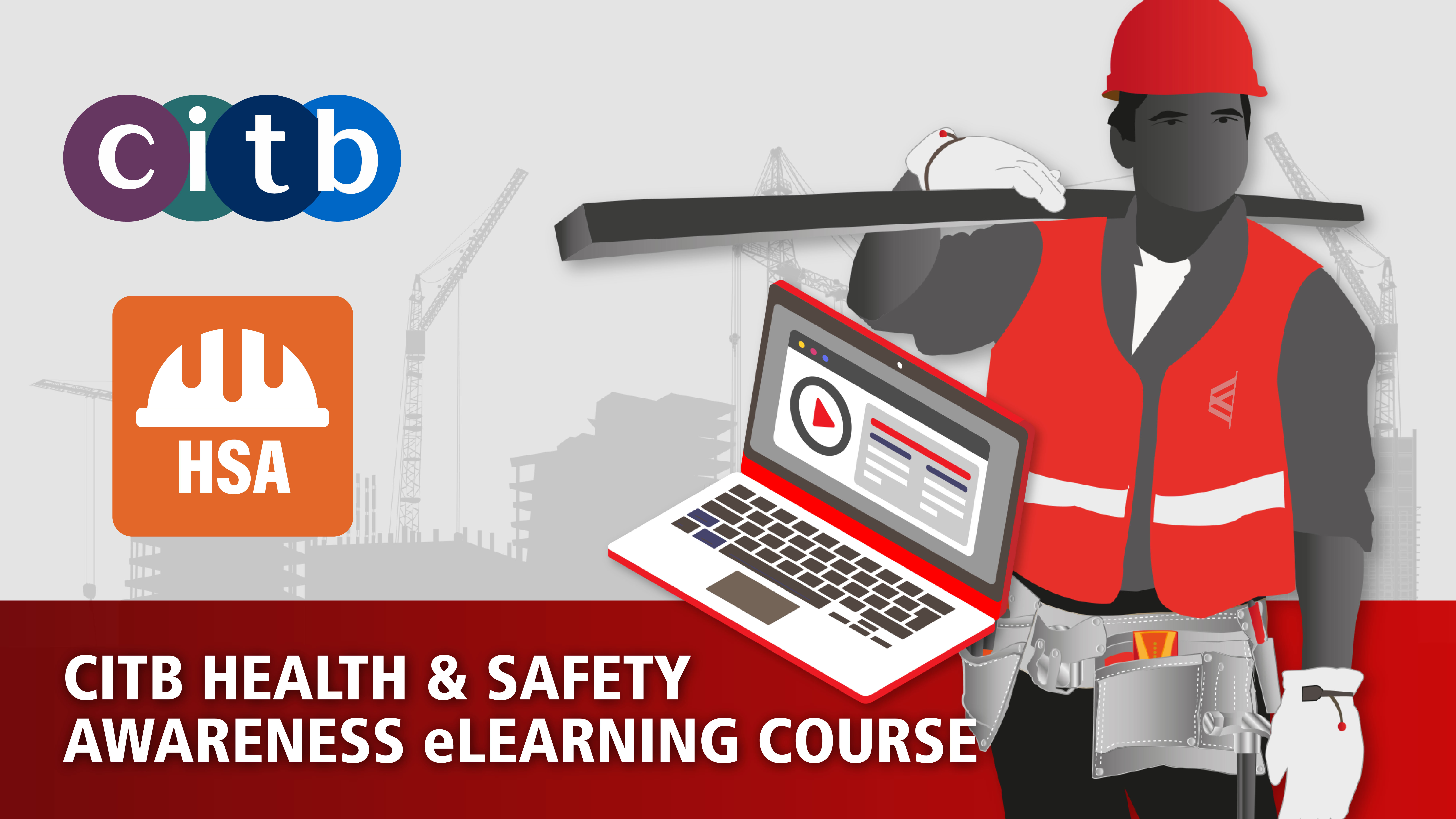Our IOSH Working Safely Course provides entry-level health
& safety training ideal for employees regardless of their industry. It introduces
the basics of health and safety at work, helping learners understand common
workplace hazards and risks, supports a safer workplace by increasing awareness
and highlighting safe working practices, and helps reduce the risk of
accidents, fines, and legal issues caused by negligence or workplace injury.
For employers, achieving this internationally recognised qualification
also ensures that they are meeting the UK Government's guidelines for
introductory health and safety training for all employees.
This course consists of a training room lecture and
presentation, and a multiple-choice theory assessment.
The IOSH Working Safely course is ideal for individuals of
any experience, in any industry, who would like to take the first step in developing
their foundational knowledge in the essentials of health and safety at work. The
course content is specifically tailored towards newcomers to the health &
safety field - with no overwhelming legal language or unfamiliar jargon
designed to trip you up.
Delegates should:
- Have a good understanding of written &
spoken English. If delegates have any problems with English literacy or
language comprehension, they must bring them to the attention of their employer.
The agenda for the IOSH Working Safely Course includes:
1. Introducing Working Safely
It’s not unusual for candidates coming on an introductory
course to think that accidents only happen to ‘other people’. This module
stresses the realities of the human suffering behind the statistics and
emphasises the importance of personal responsibility.
2. Defining Hazard and Risk
This module puts ‘hazard’ and ‘risk’ into everyday language
and uses familiar examples to show what can happen. Importantly, it makes it
clear that even something that is very simple or repeated over and over again
can go wrong, with serious consequences. Focusing on the six broad hazard
groups, delegates are asked to think about the hazards and risks they come
across in their own work. ‘Risk assessment’ is demystified – candidates learn
that we all carry out informal assessments day in, day out
3. Identifying Common Hazards
All the main issues are covered in this module – entrances
and exits, work traffic, fire, chemicals, electricity, physical and verbal
abuse, bullying, stress, noise and the working environment, slips, trips and
falls, and manual handling. Each area is backed by crystal clear examples and
recognisable scenarios, and useful summaries reinforce the key learning points.
4. Improving Safety Performance
This module deals with systems and processes, making sure
that any jargon is explained in easily understood terms. The session bridges
the gap between management and workforce, encouraging candidates to play a part
in processes that are commonly seen as just down to their manager or
supervisor. Other areas – including contract work, inspections, safe systems
and permits, protective equipment, signage, emergency procedures, reporting and
health checks – are all focused on from the candidate’s point of view.
5. Environmental Awareness
A
short but effective introduction to waste and pollution leads into a look at
how organisations and individual team members can get involved in reducing
environmental impacts. Memorable and thought-provoking facts and figures help
drive the points home.
Successful delegates will receive a physical IOSH Working
Safely certificate accredited by the Institution of Occupational Safety and
Health (IOSH). There is no expiry date on the certificate – however, IOSH do
recommend that delegates refresh their qualification every 3 years to ensure
their knowledge is kept up to date and relevant.
The natural progression from the IOSH Working Safely course is
the IOSH
Managing Safely Course.
Our FAQ area is the best place to look to find answer to your questions. Our community and support team
constantly update the questions and answers.
No. As this is a classroom-based course, you are not required to bring any Personal Protective Equipment (PPE). For certain training sessions, temporary equipment such as safety harnesses may be provided if required.
No, delegates are not required to purchase IOSH membership in order to attend one of our IOSH courses. Nor will completing an IOSH accredited course award delegates with IOSH Membership.
Yes, we can absolutely offer you support. We understand that everyone learns differently, and we’re committed to making our courses accessible to all. Our instructors are experienced in delivering training to individuals with varying levels of reading and writing ability.
We can offer additional verbal guidance, practical demonstrations, and one-to-one support when attending training courses at one of our training centres. If required, we can also arrange for assistance during written assessments, such as a reader.
Please let our support team know in advance if you have any concerns, and we’ll do everything we can to support you in successfully completing your training.
View All FAQs



